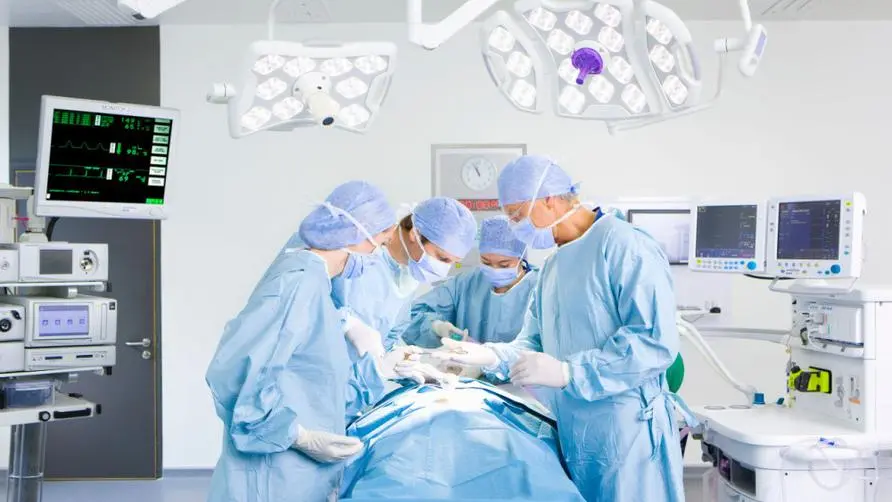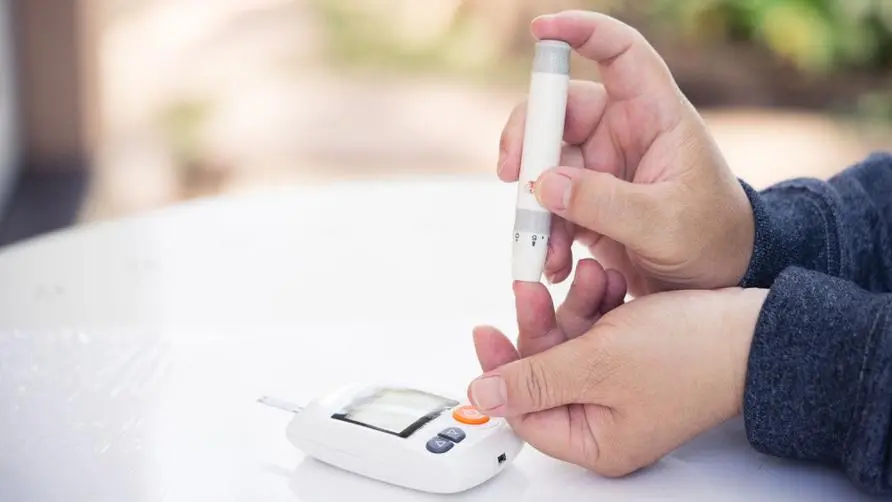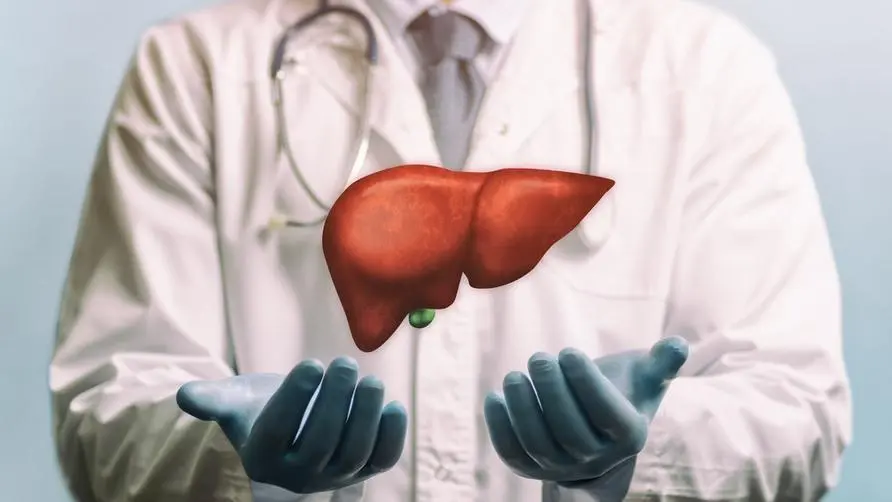Survey reveals that 40% of Taiwanese refuse medical examinations due to concerns about anesthesia risks! Doctor: Pay attention to the three keys to anesthesia safety

40% of people are worried about the risks of anesthesia and refuse doctors’ surgical examinations
In recent years, anesthesia incidents have repeatedly been featured on film and television platforms, causing Taiwanese people to pay attention to the issue of anesthesia risks. The Taiwan Society of Anesthesiology released the latest report of the “Taiwan Anesthesia Warning Survey” and found that 37.2% of the public were worried about “not waking up after anesthesia” and worried about “not waking up after anesthesia”. 36.8% said they would have strong symptoms of discomfort after anesthesia, and 33.0% said they were “fearful of accidentally waking up during surgery.” The survey revealed three major concerns about anesthesia among Taiwanese people. The survey found that nearly 40% of people may refuse surgery or examinations proposed by doctors because of concerns about the side effects of anesthesia.
Dr. Yu Huangping, chairman of the Taiwan Society of Anesthesiology, pointed out that from 2000 to 2010, due to the shortage of anesthesia specialists in Taiwan, the qualifications for anesthesia administration were not strictly controlled in practice, resulting in a high overall anesthesia mortality rate. A 2010 Taiwan Anesthesiology Journal article directly pointed out that Taiwan The anesthesia-related mortality rate is 12 per 100,000, which is 12 times that of the United States and Japan. In recent years, anesthesia medicine has made great progress in technology, manpower and monitoring equipment. Currently, there are 5,500 anesthesia specialists practicing at medical sites. The public should go to the anesthesia consultation clinic to get to know the anesthesia specialists before surgery or examination. Shared Medical Doctor (SDM) develops personalized anesthesia care.
Operating room guardian: Nearly 40% of patients do not know who the anesthesia specialist is
“The anesthesiologist can be said to be the guardian of the operating room. He is a physician among surgeons. He is responsible for monitoring the depth of anesthesia and the patient’s blood pressure, blood oxygen and other physiological signs throughout the entire process, especially if the patient has cardiovascular disease, hypertension, diabetes, stroke, etc. With multiple medical histories, anesthesiologists must thoroughly understand the patient’s physical condition in order to help the patient survive the surgery safely!”
Dr. Yu Huangping pointed out that the survey showed that about 40% of the people did not know who was the doctor who administered the anesthesia before surgery. Nearly three-quarters of the respondents were worried about the risks of anesthesia, especially the “strong generation” 40-49 A higher proportion of patients miss critical examinations or surgeries due to concerns about anesthesia side effects, and the potential impact on the socioeconomic pillars cannot be underestimated. Patients are reminded to fully communicate with an anesthesia specialist before undergoing surgery and formulate a general anesthesia or semi-general anesthesia administration plan based on their comorbidity risks and surgical items.
If more than two anesthesia risk factors are met, safer drugs should be chosen
“Anesthesia is not only highly complex, but also related to the quality of treatment. People must know who your anesthesia specialist is before surgery, and then choose appropriate anesthetic drugs including sedative anesthesia, analgesia, muscle relaxants, etc. based on medical history and physical condition. In particular, sedative anesthetic drugs act on the central nervous system, and the type and dosage used will affect intraoperative stability and postoperative recovery!”
Dr. Liao Wenjin, executive supervisor of the Taiwan Anesthesiology Society, said that risk factors affecting anesthesia include: age over 65, overweight (BMI greater than 30), multiple chronic diseases, cardiovascular history (diabetes, hypertension), frequent snoring and sleep apnea. Arrest syndrome, poor liver and kidney function, difficult airway intubation during previous surgeries, postoperative dyspnea, etc. Those who meet more than two of the above conditions belong to the high-risk group. It is recommended to choose safer and lower-risk anesthetic drugs.
Dr. Liao Wenjin pointed out that ideal anesthetic drugs have the characteristics of rapid onset of action, rapid elimination from the blood and central nervous system after drug withdrawal, protection of vital organs, and no impact on the circulatory system or causing other adverse reactions. There are now safer ultra-short-acting sedatives. Studies have shown that the risk of hypotension can be reduced by 75% (OR: 0.25) compared with traditional anesthetics, and the risk of hypoxia can be reduced by 85% (OR: 0.15). Surgery The risk of nausea, vomiting and allergic reactions is also less than that of traditional inhaled anesthetics.
“The public’s correct understanding of anesthesia risks is low, or they believe that anesthesia can easily lead to death and avoid anesthesia, which shows that anesthesia safety is an important factor affecting treatment willingness!” The Taiwan Anesthesiology Society reminds the public that the public should master the three major ways to reduce anesthesia risks. Key: Get to know the anesthesia specialist, what kind of anesthetic drugs are used, and identify the medical institution with monitoring equipment. The professional anesthesiologist will formulate a personalized and optimal anesthesia medication course to avoid missing out on early treatment and affecting your health.
Further reading:





